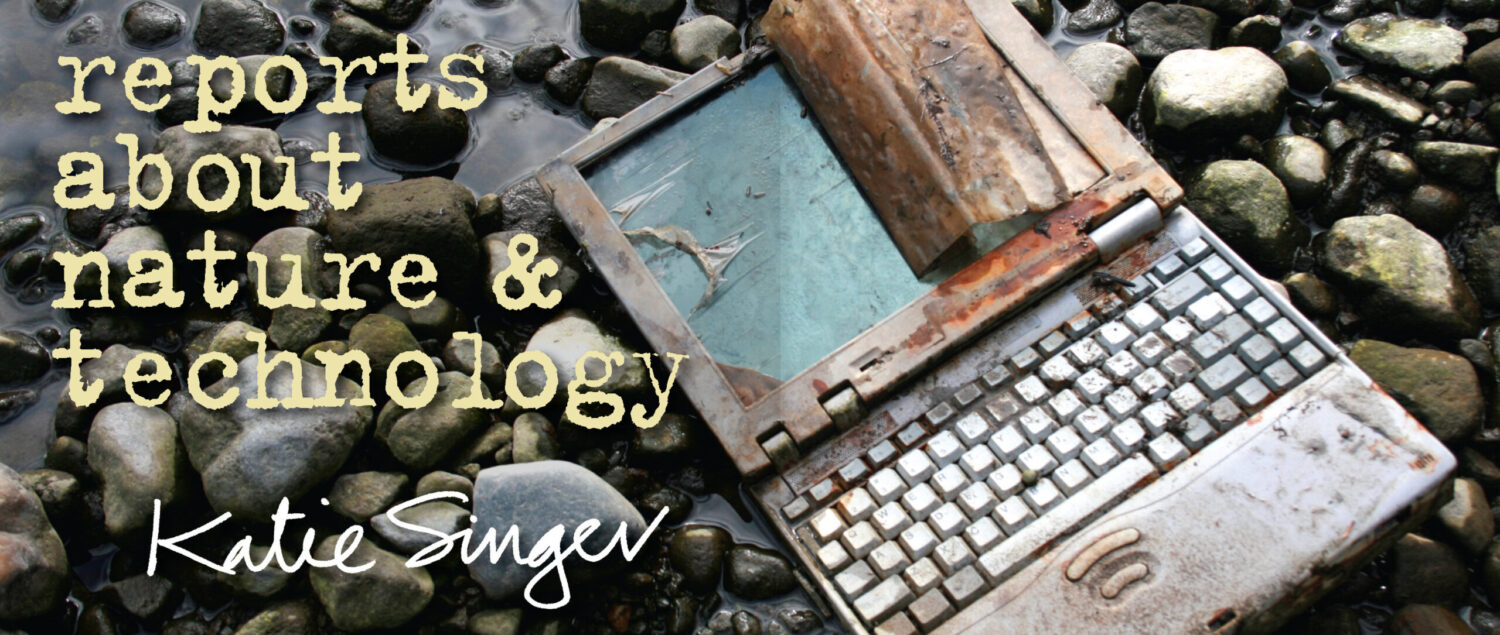Whatever happens in our society (i.e., women of childbearing age have menstrual cycles) now intersects with digitalization. Here is my piece, “Reproductive health in a digital era:” www.OurWeb.tech/letter-42. On July 13th, www.meer.org (formerly Wall Street International), posted an earlier version. https://www.meer.com/en/70225-reproductive-health-in-a-digital-era
Options for ratepayers who expect electricity 24/7when we aim to live within our means
What can electric utilities and ratepayers do to prevent rolling blackouts?
If we respond to this question by household, people living within limited economic and ecological means can endure blackouts.
Wealthy people can engage the global super factory and purchase a generator or a rooftop solar system with battery backup. Since manufacturing solar PVs uses fossil fuels, perfluorinated chemicals1 (PFAs—the forever chemicals) and, often, Uyghur forced labor2,3—and since solar PVs provide only intermittent power, it’s not a sustainable option.
Recognizing electricity as a common good, could we work collectively to reduce everyone’s blackout risks? Paint rooftops with reflective paint? Encourage regularly-cleaned swamp coolers over air conditioners? Learn from countries that routinely have blackouts?4 Quit expecting electricity 24/7?
Could we live with the question: how do we reduce energy demands and blackout risks?
References:
- Rojello Fernandez, Seth, C. Kwiatkowski, T. Bruton, “Building a Better World: Eliminating Unnecessary PFAS in Building Materials,” Green Science Policy Institute, 2021.https://greensciencepolicy.org/docs/pfas-building-materials-2021.pdf
- Swanson, Ana and Chris Buckley, Jan., 2021. “Chinese Solar Companies Tied to Use of Forced Labor.” https://www.nytimes.com/2021/01/08/business/economy/china-solar-companies-forced-labor-xinjiang.html
- Bloomberg News, “Solar energy boom could worsen forced labor in China, group says,” March 28, 2022.
- Fitz, Don, “Keeping cool without costing the Earth,” rapidtransition.org., June, 2022. https://www.rapidtransition.org/stories/keeping-cool-without-costing-the-earth/
Katie Singer gets closer to finishing her book, Our Web of Inconvenient Truths: a forum about technology’s impacts to nature. To support this project—and keep this newsletter going—please contribute!
